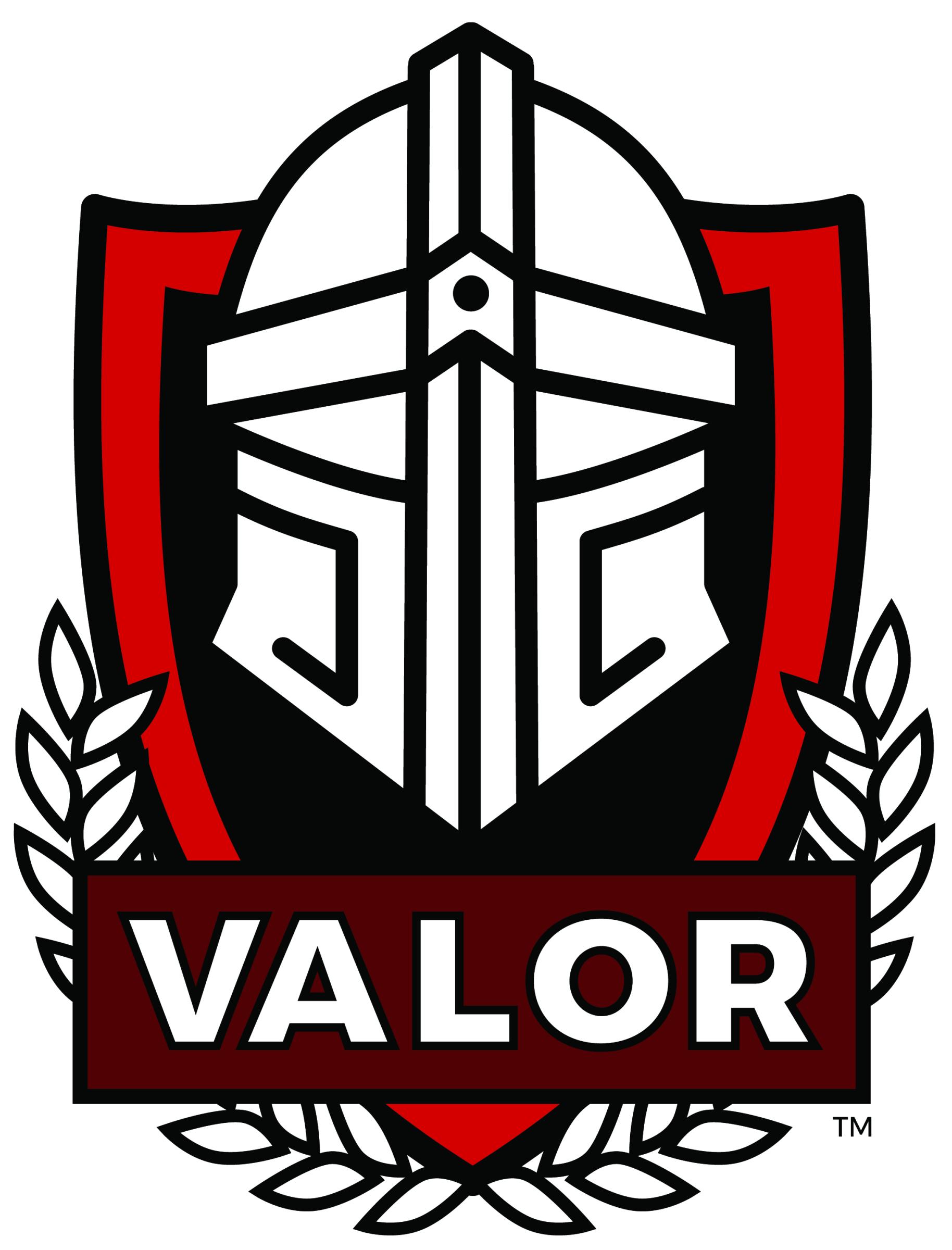
Discovering that your teenage son may be struggling with pornography can be overwhelming. While curiosity about sexuality is a natural part of adolescent development, addiction or compulsive behavior toward pornography requires attention, understanding, and support. Here, we’ll explore the signs of pornography addiction in teens, distinguish between natural curiosity and problematic behavior, and offer practical steps for helping your child navigate recovery.
Signs of Addiction or Compulsion
Identifying pornography addiction in teens can be challenging, but certain behaviors often signal deeper issues. Look for these possible symptoms:
- Increased secrecy: Hiding devices, frequently clearing browser history, or refusing to share online activities.
- Isolation: Spending excessive time alone, especially online.
- Mood swings: Irritability, defensiveness, or anxiety when internet access is restricted.
- Declining academic performance: Difficulty concentrating, incomplete assignments, or falling grades.
- Changes in sleep patterns: Staying up late or waking during the night to use devices.
- Loss of interest in hobbies: Reduced engagement in sports, clubs, or family activities.
- Social withdrawal: Avoiding friends or family in favor of screen time.
These signs alone don’t confirm addiction but may warrant a deeper conversation about your teen's internet use.
Compulsive vs. Addicted Behavior
Understanding the difference between compulsive and addicted behaviors is critical for tailoring your response. Compulsion refers to a repeated action driven by an urge, even when the behavior isn’t pleasurable or necessary. For example, a teen might compulsively seek pornography during moments of stress or boredom as a coping mechanism.
Addiction, however, involves a psychological or physiological dependency. Over time, the brain adapts to repeated exposure to pornography, requiring increased consumption to achieve the same effects. Addiction also creates withdrawal symptoms when access is limited, such as heightened irritability or cravings.
In teens, the line between compulsion and addiction can blur. Recognizing patterns of escalation (e.g., increasing frequency, riskier behavior) can indicate addiction rather than a habitual compulsion.
Curiosity vs. Problematic Behavior
Teenage exploration of sexuality is developmentally normal. However, certain behaviors move beyond curiosity into potentially harmful territory. Normal curiosity might include limited or occasional exposure to adult content, often spurred by peer discussion or exploration.
In contrast, problematic behavior is marked by:
- Obsessive focus on pornography over other life aspects.
- Discomfort or shame surrounding their use but an inability to stop.
- Emotional or relational consequences, such as distrust or disconnection from family.
As a parent, it’s important to approach these issues without judgment, creating a safe space for honest dialogue about your teen's behavior.
Educational Strategies
Addressing the issue begins with education. Equip yourself with knowledge about the effects of pornography on the developing brain and emotional health. Share age-appropriate information with your teen, explaining the risks of addiction and the benefits of healthy coping mechanisms.
The Role of Therapeutic Intervention
Recovery often requires professional support. Therapy can help uncover underlying emotional triggers, such as anxiety, loneliness, or low self-esteem, that may drive the behavior. Programs like Valor Group offer specialized guidance for teenagers, fostering accountability and emotional resilience in a supportive group environment.
Moving Forward with Hope
Helping your teen overcome pornography addiction is challenging but achievable. By fostering open communication, seeking professional help, and providing consistent support, you can guide your child toward healthier habits and restored confidence.
Family Strategies Counseling Center has actively serviced clients since 2000 in treatment for pornography addiction or sexually compulsive behavior. Our SABR program for adults, and Valor Groups for Young Men can help you! Give us a call at (800) 614-8142 or visit our website for more information: https://familystrategies.org/valor-teens.html.
